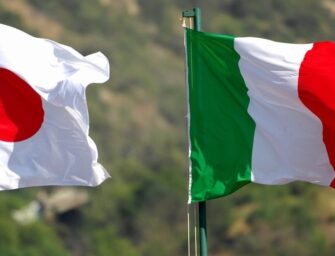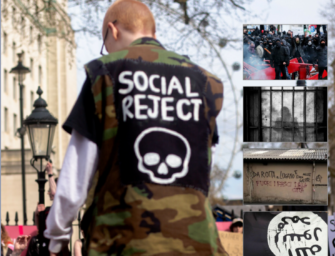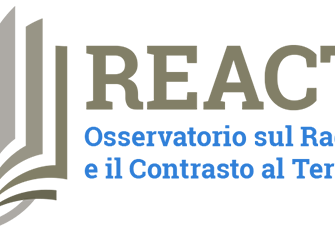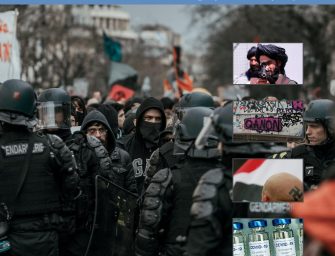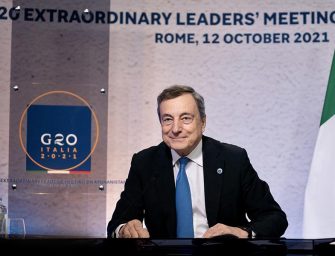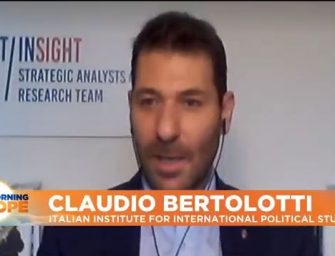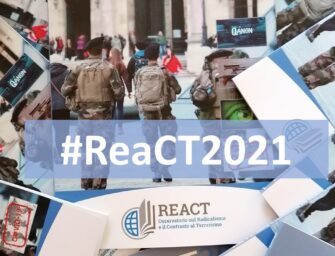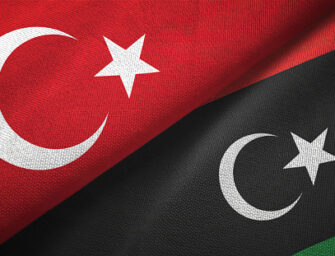Featured Cover Posts
Latest Galleries
Latest Articles
While the Russian Army’s offensive in the east continues, it is likely in the short term that they will reach the limit of their offensive capability. As such, Author explores what transitioning to a defensive strategy might mean for the Russians in Ukraine.
Although Switzerland has not experienced a large-scale attack of the kind experienced in other European countries in the last decade, the phenomenon of politico-ideological violence in the jihadist spectrum is nevertheless present. Since 2004 and until 2021, the Swiss Federal Criminal Court has tried a total of seventeen criminal proceedings related to jihadist terrorism cases. Most of these proceedings took place after the outbreak of the Syrian civil war. The most physical acts were attempts to travel to combat zones or activities related to foreign fighting.






























